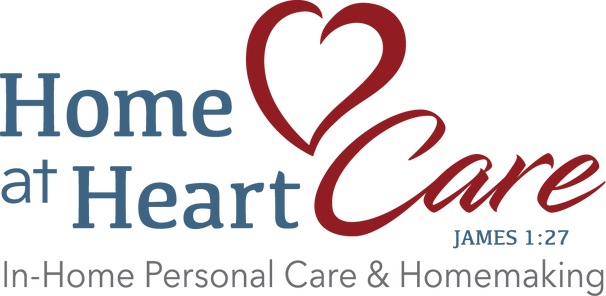Personal Care Assistant
Job Description
Activities of daily living (ADLs)
A PCA may assist the person with the following ADLs:
Under state law, a licensed health care professional may delegate health-related procedures and tasks to a personal care assistant when the following are present:
A PCA service may include observation of a person who:
A PCA may assist an adult with the following:
A PCA may assist a child with IADLs when needed for health and hygiene reasons integral to the personal care services. Assessors must indicate this need on the PCA Assessment and Service plan as described in the PCA Assessment and Service Plan
A PCA may assist the person with the following ADLs:
- Dressing - Application of clothing and special appliances or wraps.
- Grooming - Basic hair care, oral cares, shaving, basic nail care, applying cosmetics and deodorant, care of eyeglasses and hearing aids.
- Bathing - Basic personal hygiene and skin care.
- Eating - Completing the process of eating including application of orthotics required for eating, hand washing and transfers.
- Transfers - Assistance to transfer the person from one seating or reclining area to another.
- Mobility - Assistance with ambulation.
- Positioning - Assistance with positioning or turning a person for necessary care and comfort.
- Toileting - Helping person with bowel or bladder elimination and care. This includes transfers, mobility, positioning, feminine hygiene, use of toileting equipment or supplies, cleansing the perineal area, inspection of the skin and adjusting clothing.
Under state law, a licensed health care professional may delegate health-related procedures and tasks to a personal care assistant when the following are present:
- Procedures and tasks meet the definition of health-related procedures and tasks.
- A qualified professional who is a nurse trains and supervises the PCA.
- PCA demonstrates competency to safely complete the procedures and tasks.
- Assistance with self-administered medications
- Interventions for seizure disorders, including monitoring and observation
- Range of motion to maintain a person’s strength and muscle functioning
A PCA service may include observation of a person who:
- Has episodes of behaviors
- Needs redirection to remain safe in his/her environment
A PCA may assist an adult with the following:
- Accompany to medical appointments
- Accompany to participate in the community
- Assist with paying bills
- Communicate by telephone and other media
- Complete household tasks integral to the PCA services
- Plan and prepare meals
- Shop for food, clothing and other essential items
A PCA may assist a child with IADLs when needed for health and hygiene reasons integral to the personal care services. Assessors must indicate this need on the PCA Assessment and Service plan as described in the PCA Assessment and Service Plan
